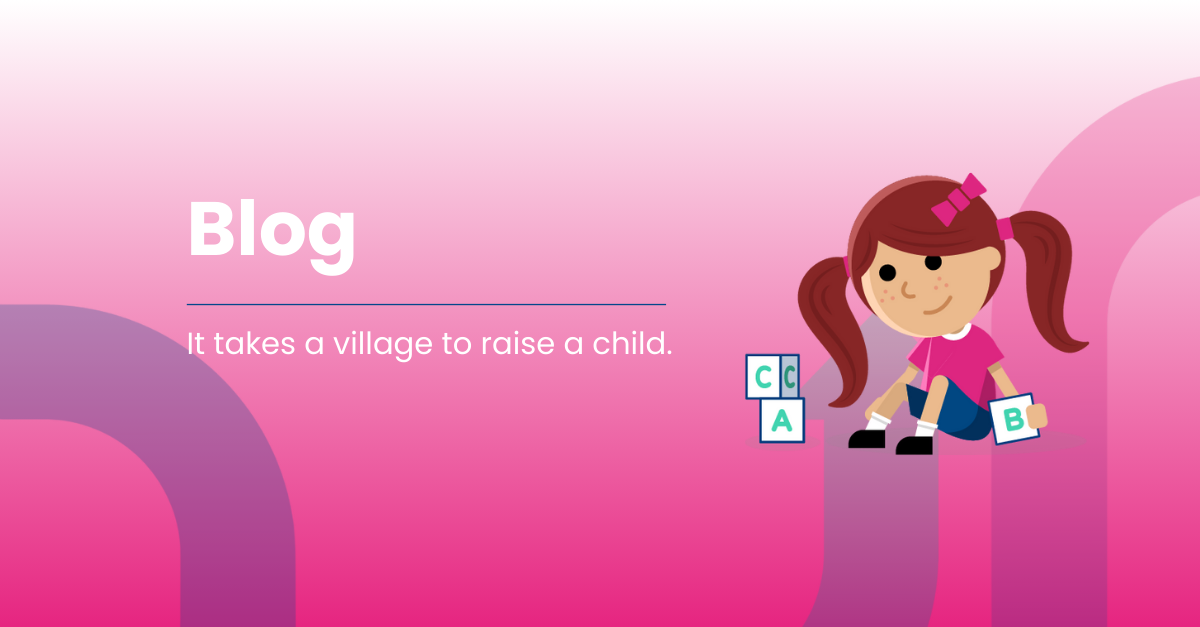It takes a village to raise a child.
The Pupil Pathways team were delighted to attend the Education in Mind conference hosted by the Liverpool Learning Partnership which took place on 13/11/25. Its aim was to promote collaboration, innovation, and problem-solving between schools and other professionals in response to the dramatically changed mental health landscape.
One of the keynote speakers used the wonderful quote “it takes a village to raise a child”. Where the expression comes from is not known for certain, although Reupert A, Straussner SL, Weimand B and Maybery D (2022) suggest it originates from an African proverb.
This got us thinking about how apt that quote is in helping support so many of our children today.
Reupert et al went on to say that it
“conveys the message that it takes many people (“the village”) to provide a safe, healthy environment for children, where children are given the security, they need to develop and flourish, and to be able to realize their hopes and dreams.”
As with so many proverbs, the idea is timeless, and the core message of “many people” certainly applies today.
So, who is the village? That is a critical question. In 2018 there was an international conference entitled “It takes a village” to consider the responses required to support children and their families with extra needs. Interestingly, there was discussion on How to raise the village to raise the child which really does put the needs of the child at the centre. The report is well worth reading to understand the full picture,
In someways, life might have been simpler way back when. We can imagine conversations across the world taking place around the village well on how the children should be brought up, and specific problems addressed.
However, life has certainly changed for us. Gone are the well-based conversations, and remarkably for some, so too have the water-cooler moments, as many of us now work remotely and often converse to colleagues on Teams or similar.
So where are the meeting places today? Where can professionals, who are spread over different organisations and geographical areas, talk about the needs of the children and young people in their care. How can we stop our efforts becoming siloed? And critically, how can we lay down that ever-present adjunct to our modern lives: the audit trail?
The key is coordination. Easy to say, difficult to implement. Roberts (2011) noted, that
“coordination is not a free good; it is expensive in terms of time, effort, and attention, or what economists call transaction and administrative costs.”
However, Pupil Pathways can help start you on your journey. Our services have helped develop collaboration for those in schools and the local authority responsible for managing transitions into reception classes from nurseries and from primary into secondary schools.
Our services also support collaboration between schools and those in the local authority who work to reduce suspensions and exclusions.
Please contact us so we can help you build your village to meet the needs of those in your care.
References
Reupert A, Straussner SL, Weimand B and Maybery D (2022) It Takes a Village to Raise a Child: Understanding and Expanding the Concept of the “Village”. Front. Public Health 10:756066. doi: 10.3389/fpubh.2022.756066
Roberts NC. Beyond smokestacks and silos: open-source, web-enabled coordination in organizations and networks. Public Adm Rev. (2011) 71:677–93. doi: 10.1111/j.1540-6210.2011.02406.x



